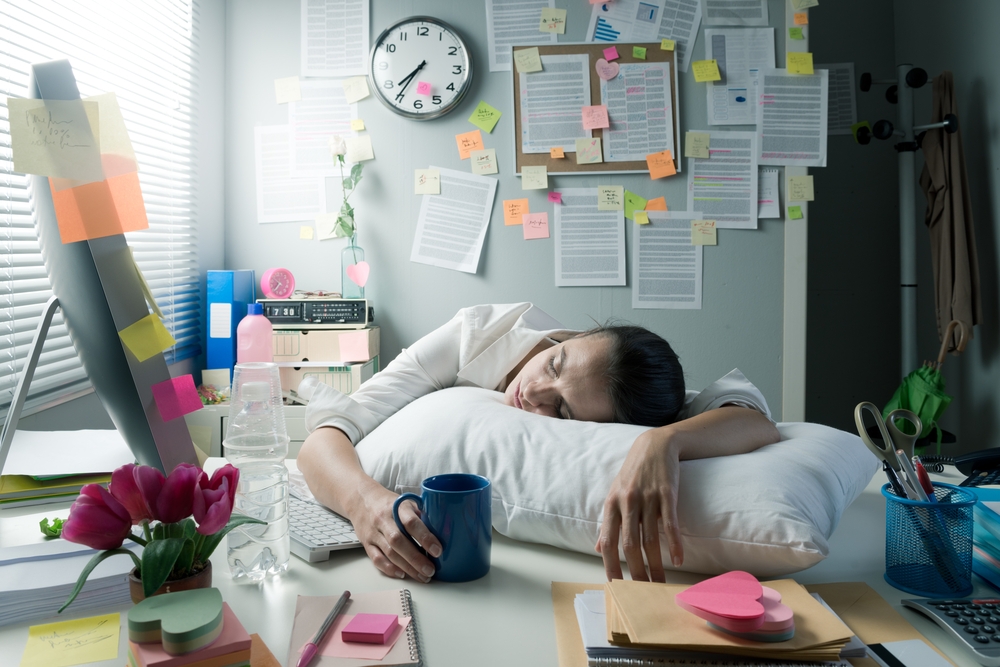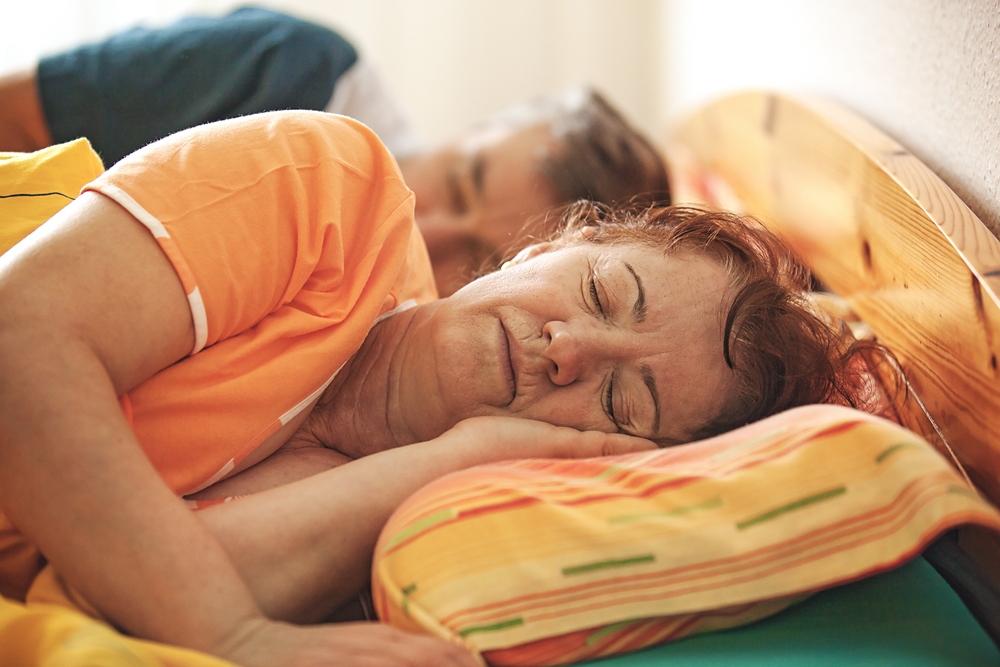How to sleep right
While many people experience a bad night’s sleep from time to time, a sleeping problem may become an issue for you if it continues for several nights or weeks. Thankfully, there are several techniques that can help you to sleep better — sleeping pills aren’t the only solution.




